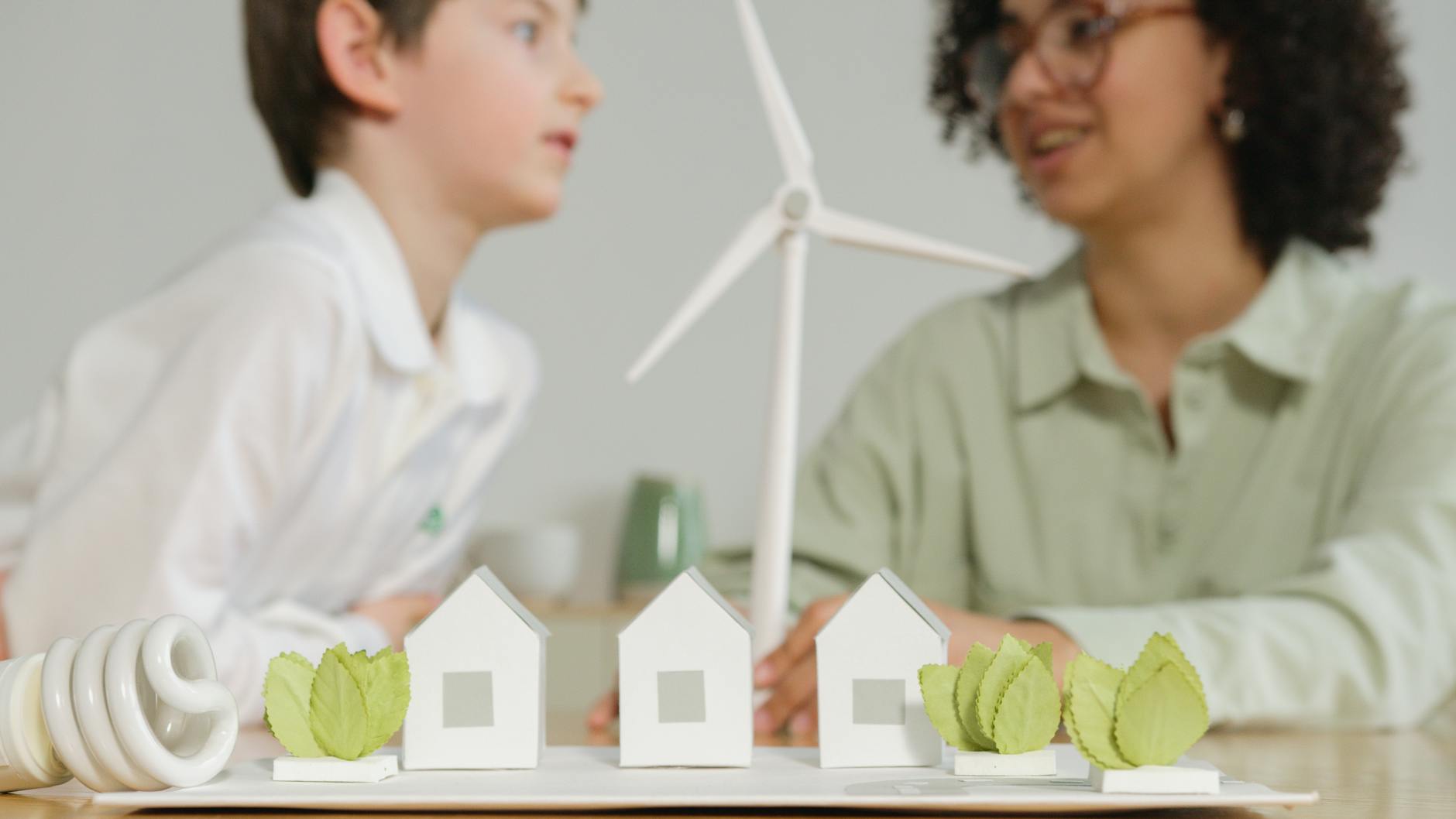In the realm of sustainability, tackling the plastic waste crisis is a mountainous challenge, particularly when it comes to recycling low-value, single-use plastics that litter our landscapes and oceans. Enter Novoloop, a California-based startup that claims to have pioneered a solution by transforming such plastics into highly sought-after thermoplastic polyurethane (TPU). This promising venture has just completed a successful run at its demonstration plant, which has the capacity to produce up to 70 metric tons of TPU annually, intended for products ranging from athletic footwear to automotive seating.
The potential here is not just in reducing plastic waste. It's also about creating a recycled product that companies are eager to use-a rarity in an industry where recycled materials often suffer in quality and desirability. According to TechCrunch, Novoloop's approach involves breaking down polyethylene plastic into its monomeric forms and then synthesizing them into new polymers that are comparable in performance to virgin polymers. The result is a material that, while more costly than its virgin counterparts, fits economically within competitive markets.
This initiative highlights how the intersection of innovative technology and strategic market placement can address environmental issues while also tapping into new revenue streams. As Novoloop gears up for its first commercial-scale plant-backed by a $21 million Series B funding round led by Taranis and involving players like Valo Ventures and Shop Limited-the strategy is clear. The company is not merely selling a product; it is offering a solution to other companies' waste problems and growth challenges. This dual appeal could be a key driver of its business model’s success.
Moreover, partnering with existing chemical plants for space and utilities cleverly reduces overhead costs and accelerates scalability. Such a move not only demonstrates shrewd business acumen but also embodies a pragmatic approach to growth in the green technology sector. By leveraging existing infrastructures, Novoloop can focus on its core competencies-process innovation and market penetration-without being bogged down by the capital-intensive demands of plant construction.
However, while the company's early success and strategic partnerships are noteworthy, the larger challenge will remain in scaling up production without compromising quality and while maintaining cost efficiency. The world of recycling technologies is littered with innovations that promised much but faltered at the commercial scaling stage. Wang’s assertion that the upcycled TPU is continuously sold out is promising, yet the true test will come as production ramps up.
With plastic waste continuing to be a global crisis, Novoloop's approach offers a glimmer of hope. If successful at a commercial scale, it could set a precedent for how we handle plastic waste, making the circular economy within the plastics industry not just a lofty ideal but a practical reality. The progress of Novoloop will be an interesting saga for those keen on both technological innovation and environmental sustainability in the coming years.



